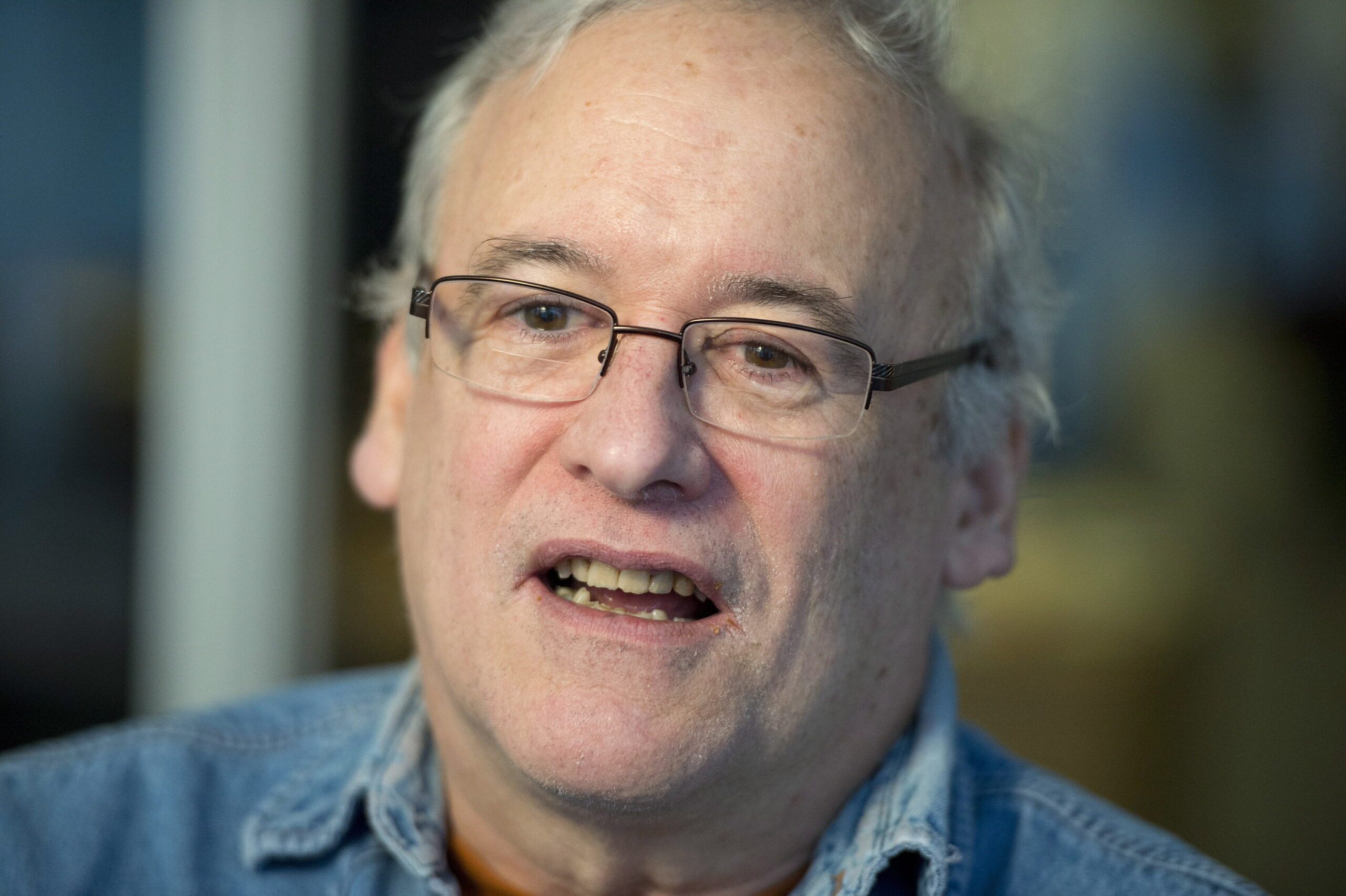Health
Robert Munsch’s MAiD Plans Spark Debate on Dementia Care

Children’s author Robert Munsch has recently highlighted the complex and sensitive issue surrounding medically assisted death (MAiD) for individuals with dementia. Diagnosed with the condition, Munsch expressed his desire for a medically assisted death, fearing the prospect of becoming what he described as a “turnip in bed.” While his language has drawn criticism for being unkind, many Canadians resonate with his concerns about cognitive decline and loss of autonomy.
Munsch’s situation raises significant questions about the safety and ethics of the MAiD system, particularly for those suffering from dementia. His approval for medical assistance in dying dates back to 2021, even as his daughter reassured the public that he continues to enjoy life. The broader implications of his case reflect ongoing debates about the adequacy of support and care for individuals facing cognitive challenges.
Concerns Over Assessment and Care
As a family physician, Dr. Ramona Coelho understands the complexities involved in assessing capacity for those with dementia. In her view, the process of determining eligibility for MAiD poses unique challenges, particularly when memory and judgment are compromised. The recent report from the Ontario Chief Coroner, titled “Navigating MAiD with Persons with Dementia,” highlights that while dementia cases make up a small proportion of MAiD deaths, they are often linked to family pressures and concerns.
In many instances, individuals with dementia seek MAiD due to perceived loss of dignity, emotional distress, and fear of declining further. Alarmingly, the report notes that only 13.6 percent of dementia patients received adequate palliative care prior to pursuing MAiD. This lack of support underscores a critical gap in the healthcare system, where patients may feel that ending their lives is the only option.
The report includes harrowing cases that illustrate potential vulnerabilities. For instance, one patient with Alzheimer’s received MAiD during an acute illness, raising questions about whether the decision was made under pressure and without thorough evaluation. These scenarios highlight the risks of coercion, especially in cases where patients are heavily reliant on caregivers.
Legal and Ethical Dimensions
Legislation surrounding MAiD requires that individuals are experiencing intolerable suffering at the time of assessment. Yet, the approval of Munsch, alongside cases documented in the coroner’s report, raises critical legal and ethical questions regarding the consistency of these standards. The situation illustrates how fears of future decline can heavily influence decisions, as seen in the case of another patient who, while facing a new health decline, requested MAiD without exploring potentially reversible conditions.
Furthermore, inconsistencies exist in classifying the severity of dementia. Some patients are placed on a pathway that allows for immediate MAiD, despite potentially having years of life ahead. This pattern reflects a troubling bias within the healthcare system, where diminished cognitive abilities may lead clinicians to view individuals as “better off dead,” thus compromising the thoroughness of assessments.
In her own experience, Dr. Coelho witnessed her father’s journey with dementia, which was marked by love, care, and ultimately a natural passing. His case contrasts starkly with the troubling patterns identified in the MAiD system. “If Canada cannot protect people with dementia — those most in need of compassion — its MAiD system is not safe,” she argues.
The discussion surrounding Munsch’s situation and the broader implications for individuals with dementia continues to unfold. As Canadians grapple with these profound issues, the conversations around dignity, autonomy, and the complexities of dementia care remain at the forefront of public discourse.
-

 Science2 months ago
Science2 months agoToyoake City Proposes Daily Two-Hour Smartphone Use Limit
-

 Health2 months ago
Health2 months agoB.C. Review Reveals Urgent Need for Rare-Disease Drug Reforms
-

 Top Stories2 months ago
Top Stories2 months agoPedestrian Fatally Injured in Esquimalt Collision on August 14
-

 Technology2 months ago
Technology2 months agoDark Adventure Game “Bye Sweet Carole” Set for October Release
-

 World2 months ago
World2 months agoJimmy Lai’s Defense Challenges Charges Under National Security Law
-

 Technology2 months ago
Technology2 months agoKonami Revives Iconic Metal Gear Solid Delta Ahead of Release
-

 Technology2 months ago
Technology2 months agoSnapmaker U1 Color 3D Printer Redefines Speed and Sustainability
-

 Technology2 months ago
Technology2 months agoAION Folding Knife: Redefining EDC Design with Premium Materials
-

 Technology2 months ago
Technology2 months agoSolve Today’s Wordle Challenge: Hints and Answer for August 19
-

 Business2 months ago
Business2 months agoGordon Murray Automotive Unveils S1 LM and Le Mans GTR at Monterey
-

 Lifestyle2 months ago
Lifestyle2 months agoVictoria’s Pop-Up Shop Shines Light on B.C.’s Wolf Cull
-

 Technology2 months ago
Technology2 months agoApple Expands Self-Service Repair Program to Canada









